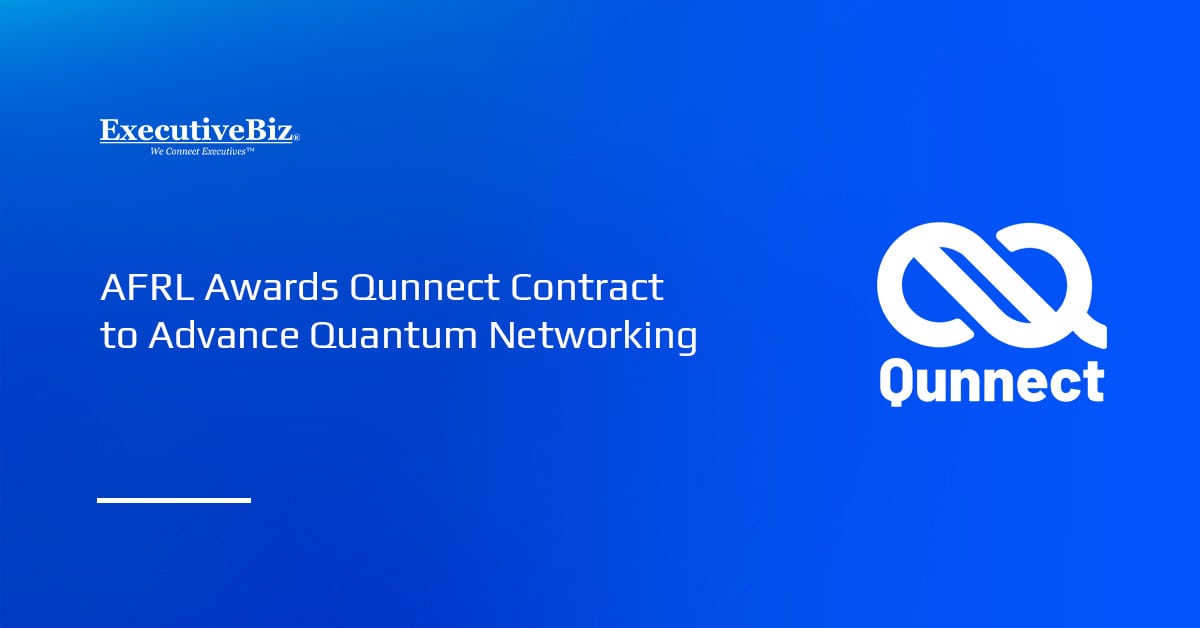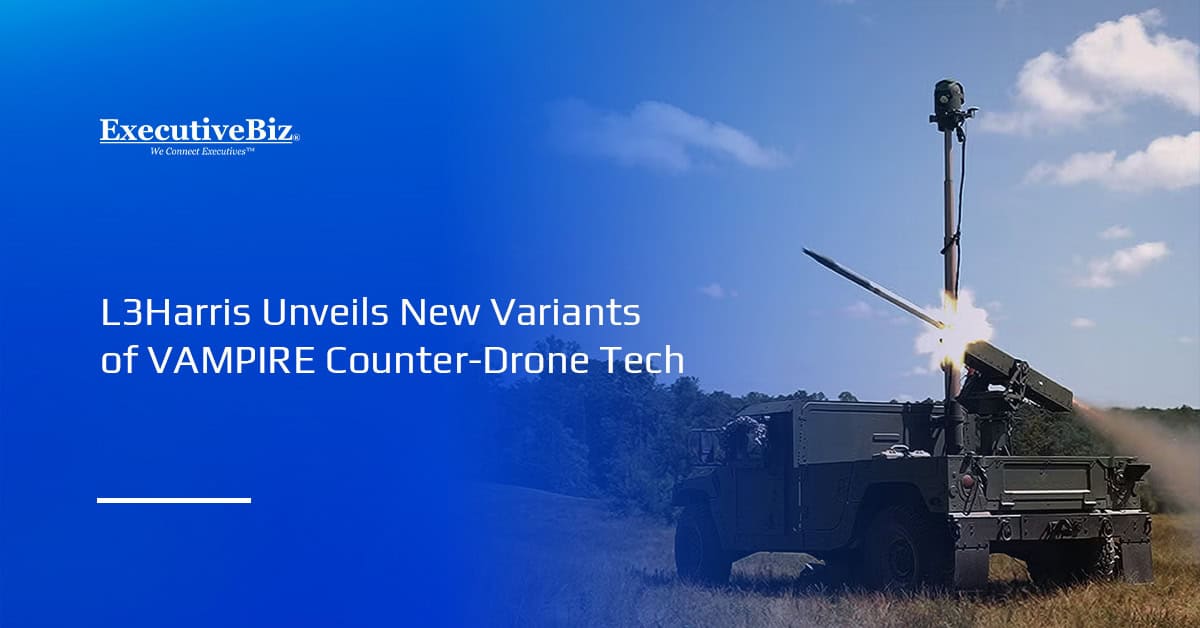The U.S. Air Force Research Laboratory has awarded Qunnect a contract to further develop the components of the company’s quantum networking technology for defense use. The award reflects the growing interest of governments worldwide in quantum networks as a next-generation foundation for secure connectivity, Qunnect said.
The contract will support continued development of Qunnect’s Carina technology suite, which enables scalable quantum networks that support secure communication, distributed computing and precision sensing. The approach allows for real-world deployment of quantum communication systems without the need for specialized or cryogenic equipment, Breaking Defense reported.
Expanding Quantum Networking for Defense
Qunnect’s technology transmits entangled photons over commercial fiber networks, enabling secure quantum data transmission while automatically detecting interference or eavesdropping attempts. The system’s ability to maintain quantum coherence over standard infrastructure demonstrates its operational potential for defense missions.
“Qunnect is the first company to have deployed metro-scale quantum networks on commercial fiber in real-world environments,” said Noel Goddard, Qunnect’s CEO. “Now, with the Air Force’s support, we’re extending those capabilities to validate defense-grade specifications and accelerate national security use cases.”
The company has already demonstrated operational quantum networks in New York, Berlin and Montana. Goddard told Breaking Defense that Qunnect’s “second-generation” approach resolves many of the technical issues that limited earlier systems, such as signal degradation and environmental sensitivity. The firm has also developed a quantum repeater that extends the range of entanglement signals through conventional fiber for future long-distance quantum networks.
Potential Use Cases
Quantum networks differ from traditional communications systems in that they use quantum physics rather than encryption algorithms to secure data. Any attempt to intercept a transmission alters the quantum state, making eavesdropping immediately detectable.
This tamper-evident feature supports a range of applications for defense, finance and infrastructure sectors. Over time, the same technology could enable distributed quantum computing by linking multiple quantum processors into a single networked system.
The Air Force’s partnership with Qunnect follows several recent AFRL investments in quantum technologies, including IonQ’s $2.1 million award for a local quantum network in New York and Rigetti’s $5.8 million award for superconducting network development.





